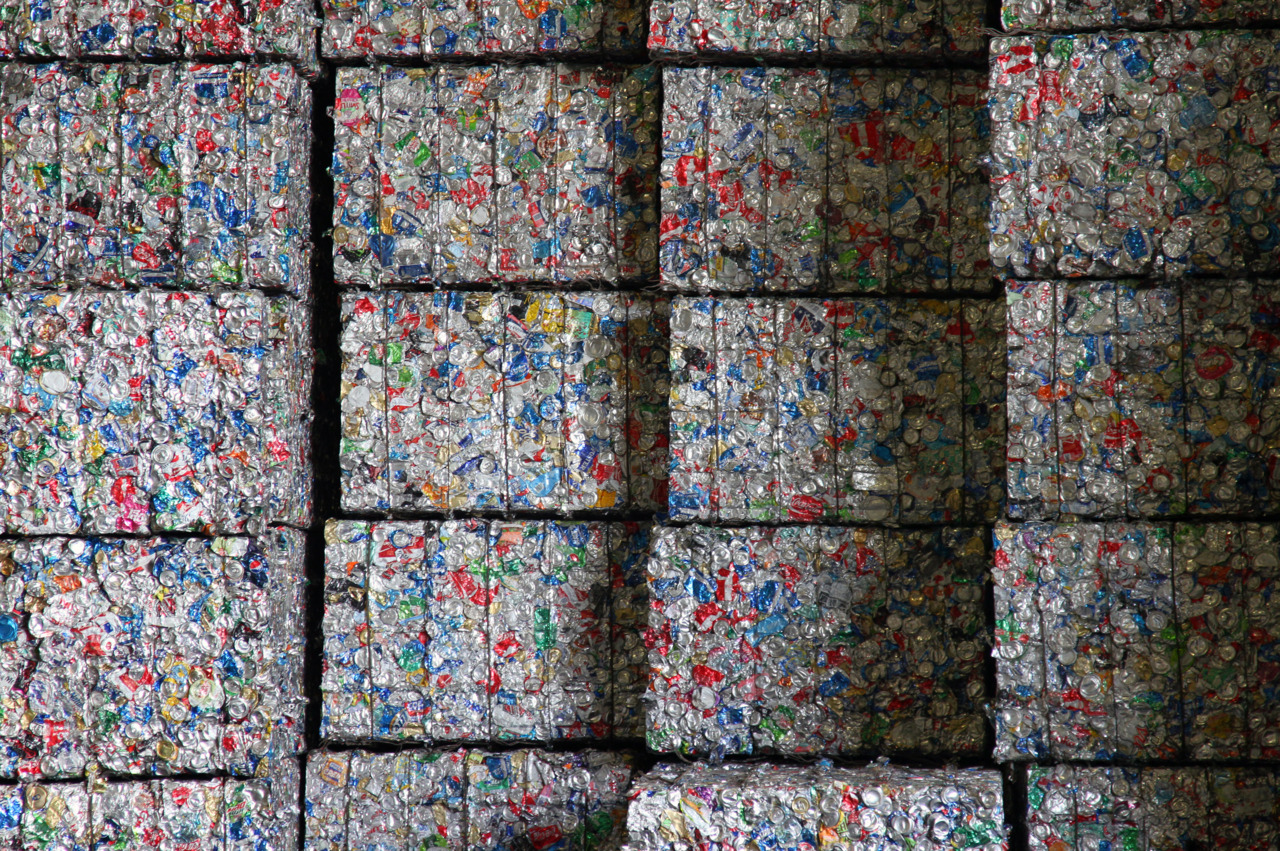Americans Need to Consider Implementing More Green Initiatives Sooner Than Later!
Unfortunately, many people don't realize there’s a very dirty side to recycling.
For many of us, environmentalism begins with the recycling symbol and ends at the blue recycling bin. The simple act of throwing something away into a large box marked with a recycling sign is enough to make some of us feel good, like we’ve done our part to help reduce landfill waste.

Rather than overwhelm readers with content on the dark side of recycling, a simple google search will further educate you on recycling plastics.
But be forewarned, it's disturbing, overwhelming and somewhat depressing. We might have a better chance at curing cancers before we figure out what to do with plastics that ironically was invented, developed and manufactured by mankind.
Reduce. Reuse. Recycle (maybe).
The long story short ...recycling is a system dictated by market demand, price determinations, local regulations, the success of which is contingent upon everyone, from the trash-thrower, to the waste collector, to the recycling factory worker.
Consumers play a much more critical role than we might imagine– depending on how we use our products and in what shape we throw them away, determines their value and quality post-use.
Without a market demand, recyclables are virtually useless; placing them in the recycling bin won’t make a difference if one can’t make money off of them. If the demand isn’t there, or the quality of the materials post-use is incurably dirty or damaged, a recyclable with food residues on (or in) it that’s disposed into a public trash/recycling bin CANNOT, WILL NOT be recycled.

The Greater Evil?
A dirty recyclable doesn’t even have the chance to end up at the recycling factory; it’s determined useless (meaning either too troublesome to clean, or not capable of generating income from) and lumped with all the other trash that ends up in landfill or the incinerator.
Many opt to wash discarded packaging but the water used, the gas to heat the water, the dish soap and paper towels are wasting resources and costing consumer’s time and money.
"Recycling"
In addition, recycled plastics aren't really recycled like you might think. Recycled plastic basically has new plastic polymer material added to it This same piece plastic can only be recycled about 2-3 times before its quality decreases to the point where it can no longer be used.
Future Generations
Unfortunately, we live in a plastic era. From the clothes we wear to the food we eat, plastic has become a staple for families, businesses and communities around the world. Given its prominence, and the fact that scientists estimate it takes somewhere between 450 -1,000 years to decompose (some argue it will never decompose), it is essential for us to seek better alternatives.
If you are you considering implementing more green initiatives, you should know there are many affordable and high-performing options available and change doesn’t have to happen overnight.
As we see trends of plastic polluting our landfills and oceans or the number of microplastics entering our bodies, the push to reduce plastic waste has become a relevant public health topic. Eco-Friendly Products Get Recognition
As a business that relies on products with plastic, what can you do to help reduce plastic waste? As you review yours, think about all of the things you can change to be more sustainable and remember it takes time.
Positive Impact
Patients and customers will recognize each effort you make though. From recycling programs, to compostable plant-based food catering disposables to Eco-friendly infection control products like biodegradable single-use nitrile gloves or patient giveaways such as bamboo toothbrushes; every effort you're capable of doing without greatly impacting your budget should be evaluated. Let’s not leave our waste for our future generations.
For example, if you reduce re-gloving during patient care or while on the production line, the number of gloves needed lowers and the number of gloves being discarded is reduced. Or, if you offer bamboo preventive products as patient giveaways, it reduces the number of plastic toothbrushes that ultimately turn into pollution.
If you employ Tyvek® silica gel, clay, or calcium chloride desiccants into your active packaging to protect moisture-sensitive products from deterioration, mold, ect., then you're part of a serious environmental problem. because while these little packets seem harmless in landfill, in reality, desiccants have a tremendous negative environmental impact. Our Dri Clay® line is helping to change that with their earth friendly all natural biodegradable desiccants.
The same can be said for perhaps the largest contributor of landfill waste – disposable food service packaging. With a million tons of plastic entering our landfills and waterways each year, switching to sustainable options will help preserve our planet and reduce waste. When it comes to your customers, a green initiative is an easy way to make a lasting impression and build your brand.
MDS distributes a wide variety and continually growing number of high-quality, highly competitive Eco-friendly products for virtually every industry. Now all you need to do is spend some time and browse our store.